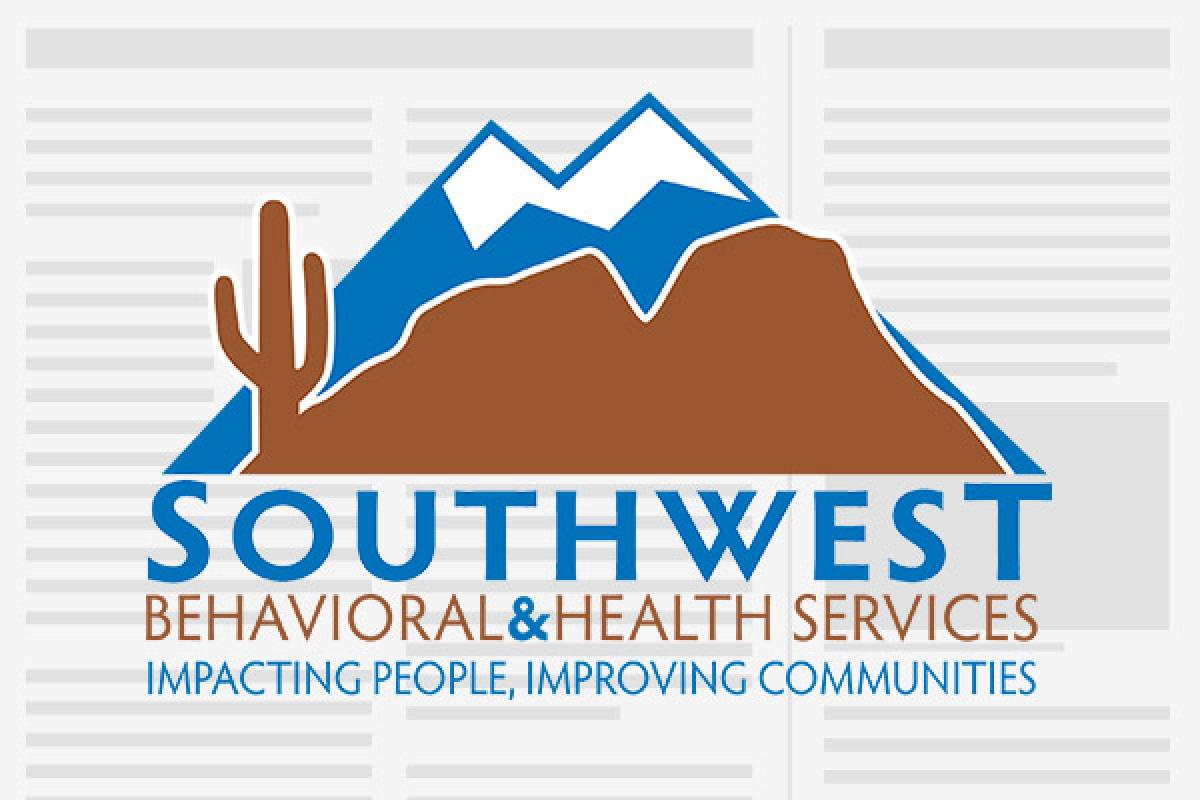
What does a first-grader’s reward chart have to do with smoking a joint down the road? It’s not as much of a stretch as you might think. A strong sense of character can prepare and protect our children against the many risks facing them as they grow up, including drug and alcohol use.
Let’s break this down. Responsibility is one of the pillars of a person’s character, and one that can assist a young person to make healthy choices. “I won’t take that pill or down that drink because I know that’s not right for me.” How can we instill a sense of responsibility when children are small, so that they will have the wherewithal later when the stakes are higher? We can start by unpacking what it is that we’re teaching when we use rewards and incentives to get them to comply with their obligations.
Sticker charts that track children’s completed chores or homework, with the goal of a bigger reward after earning a set number of gold stars, are commonly used by parents and teachers, alike. Despite the fact that children do complete the tasks expected of them, it is with the mindset of “what’s in it for me?”
Research (here, here and here) has shown that when these systems are put in place in a household, the family dynamic shifts from a basis in social norms to market norms. In other words, it changes the idea that “all family members help each other because we’re family and that’s what families do” to “what will you give me if I help with x, y, or z?” Another often unforeseen consequence of using rewards has to do with what a parent can do when their child decides, “No thanks; I’m willing to skip the prize so I don’t have to do the work.”
Parents aren’t able to be a protective influence in their children’s lives, especially during adolescence, when the parent-child relationship has been so transactional. The children learn that they are not required to contribute if they decide that the immediate pay-off isn’t worth the effort. They tend to lack the courage and character to be able to pursue longer term worthy ambitions that are protective factors in teens’ lives. They become more likely to take the easy way out.
These influences combine to increase the risk of experimentation with alcohol and drugs because they erode a parent’s ability to shape their children’s sense of doing the right thing because it’s right, not for a reward or recognition. It also sets them up to seek fulfillment in easily attained ways, like getting wasted, instead of through the pursuit of positive goals.
For information about strategies to instill protective responsibility in your kids, check out the downloadable tools at DrugFreeAZKids.org.













